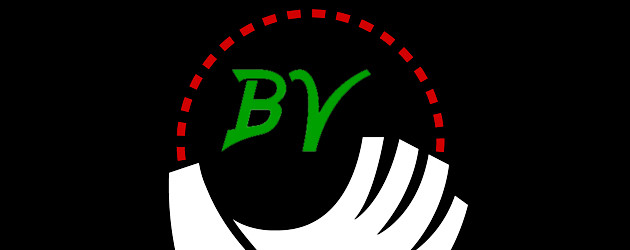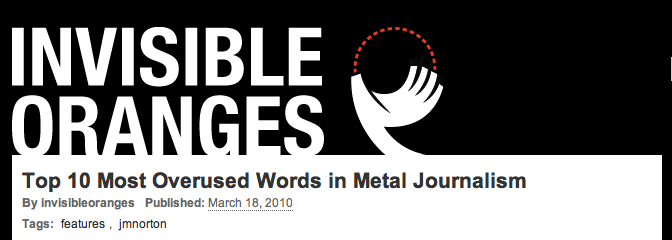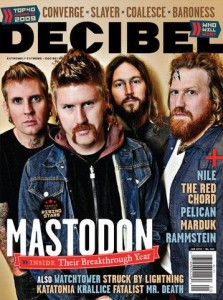As of today, the Invisible Oranges metal blog will be run by Brooklyn Vegan. So says a statement published today at the IO site by its founder and still-owner Cosmo Lee.
According to the statement, Lee’s move was prompted by the decision of Aaron Lariviere to step down as IO’s editor and the fact that “no successors to Aaron were readily in sight”. Effective immediately, Brooklyn Vegan’s Fred Pessaro, who is responsible for BV’s metal content, will become IO’s editor-in-chief.
According to Lee, “The InvisibleOranges.com URL will stay intact” and “IO will remain a site dedicated to metal, as it should be.” However, the site will now combine Brooklyn Vegan’s own metal news content with IO’s editorial content.
From my perspective, this seems like a union that should work. Although metal has only been one part of Brooklyn Vegan’s focus, with indie rock commanding the lion’s share of the site’s musical attention, the metal content at BV has been excellent. And to get a sense of Fred Pessaro’s metal tastes, check out his personal year-end list here. Continue reading »





